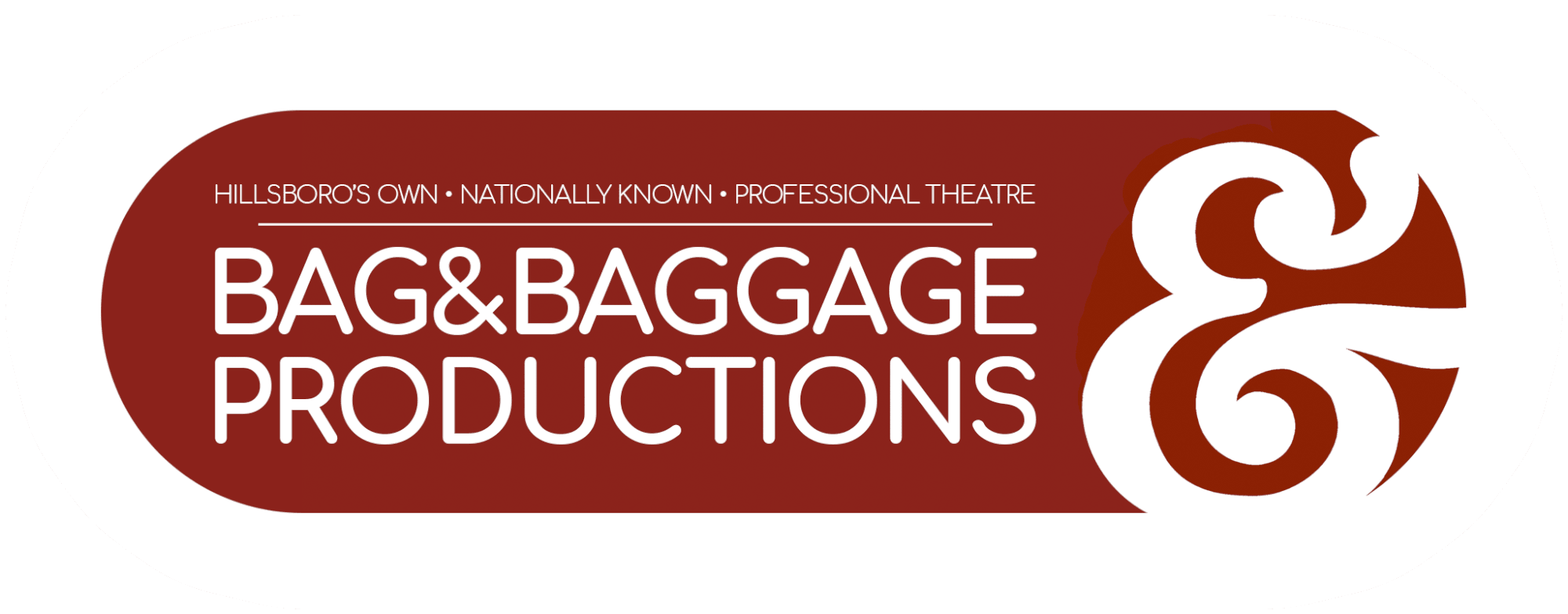- Skip to primary navigation
- Skip to secondary navigation
- Skip to main content
- Skip to primary sidebar
A Single Page Of Text: Sam Blogs on Parfumerie
![[cml_media_alt id='5786']sam-jones[/cml_media_alt]](https://b3303386.smushcdn.com/3303386/wp-content/uploads/2016/11/Sam-Jones-852x1024.jpg?lossy=2&strip=1&webp=1) Over the course of this show, I speak aloud 326 words. That’s about one page, double-spaced.
Over the course of this show, I speak aloud 326 words. That’s about one page, double-spaced.
There’s something strangely freeing about it.
Having such a small amount of dialogue allows for more room to play as an actor. We know almost nothing about the Detective, so it becomes my job to fill in the rather large gaps, and having the opportunity to explore the possibilities becomes more exciting when the range of possibilities is nearly infinite. What drives him? Is he jaded by the kinds of things he’s seen in his line of work, or does he remain clinical and distant? How long has he been involved with the characters of this play? There are a million things to consider, and in a sort of sad way, most of them are irrelevant to the story; no matter how one fills in the gaps, the dialogue and outcome of the story remain the same.
Yet these details are critical to the reality of the character, and if they aren’t given their due diligence, the character is no longer believable. And if the audience stops believing for even a moment, the magic is ruined; they’re no longer watching events occur, they’re merely watching people recite some words that someone else wrote.
Having the task of playing a more prominent role is always very gratifying and humbling, and they come with their own intrigues and challenges, but those sorts of roles have less wiggle room by their very nature. There’s always room for exploration and interpretation, of course—just look at all the different portrayals of Hamlet—but there are intrinsically more stringent limitations on where the character can go, simply by virtue of their being the focus of the play.
In short, it’s a very great pleasure to have this opportunity, and I will do all I can to make it as memorable as possible. After all, it’s not the size that matters. It’s how you use it.
Sam Jones
![[cml_media_alt id='5791']fb-cover-1[/cml_media_alt]](https://b3303386.smushcdn.com/3303386/wp-content/uploads/2016/11/FB-Cover-1-1024x379.jpg?lossy=2&strip=1&webp=1)

Reader Interactions